Cancer foods are foods that can cause cancer. Mutagenics are substances which can eventually cause cancer if it’s absorption from prepared food is not prevented. By heating whatever food, hundreds of different mutagenic substances begin. The more protein the food contains, the more mutagenics start off due to cooking. The activity of antioxidants is very limited and not even large amounts of all the antioxidants combined can neutralize a substantial part of these mutagenics.
The only way to effectively prevent cancer is to prevent the absorption of mutagenic substances from prepared food. Consume as little prepared food, especially proteinous prepared food, and consume as much fruits and some fresh raw animal food regularly, like sashimi or fresh raw egg yolk.
Consuming cancer foods, like prepared meats increases the risk of contracting cancer, because of their relatively high amount of mutagenic substances. Vegetarians get cancer too, but a little less than those people who eat more of meats. Prepared vegetables contain less mutagenic substances than prepared meat. Two out of three scientific investigations show that consuming prepared Soya beans instead of prepared meat causes less cancer. Generally, eating vegetables is less cancerous than consuming other prepared foods. However, all prepared food including vegetables, contain mutagenic substances.
Cancer foods that increase the risk of cancer most are prepared foods containing high quantities of protein like meat and fish, fats and cholesterol like eggs; or iodide like found in sea fish, crustaceans, and mollusks. Foods that have been intensively heated, smoked or salted, also pose an increased risk to having cancer.
All prepared foods contain non-HCA damaged protein, which partly decompose in the blood generating free radicals. All prepared foods therefore, will eventually cause cancer if you live long enough. Modifying your diet to reduce fat intake and increase fiber intake plus antioxidants and other key nutrients can help reduce the risk of getting cancer. Healthy food selection at the grocery store is the basic step towards an effective diet.
Some top ten anti-cancer foods include:
- Strawberries
- Oranges
- Tea
- Carrots
- Spinach
- Tomatoes
- Garlic
- Whole wheat
- Cabbage
- Beans
These foods carry protective phytochemicals, which are “plant chemicals” that may reduce heart disease and cancer risk.
Here are some healthful nutritional tips:
- Eat less total and saturated fat
- Check the Nutrition Facts labels on food products to select foods with only three grams of total fat or less. It seems that the saturated animal fats are highly cancer cell promoter. Reducing intake of red meat, which is a cancer food may be helpful too.
- Eat more fruits and vegetables
- Protective fiber, antioxidants Vitamin C and beta-carotene and hundreds of phytochemicals naturally found in fruits and vegetables can reduce cancer risk. Fiber binds to cancer-causing substances in the intestinal tract and remove them as waste products. The antioxidant vitamins neutralize damaging free radicals, substances produced by the chemical processes that go on in our bodies every day. Allicin in garlic, genistein in soybeans, and flavonoids in apples, are just a few of the cancer-protective plant substances (phytochemicals).
Avoiding intake of cancer foods and promoting more antioxidants and anti-cancer foods are an active step towards reducing and preventing the risk of cancer altogether.

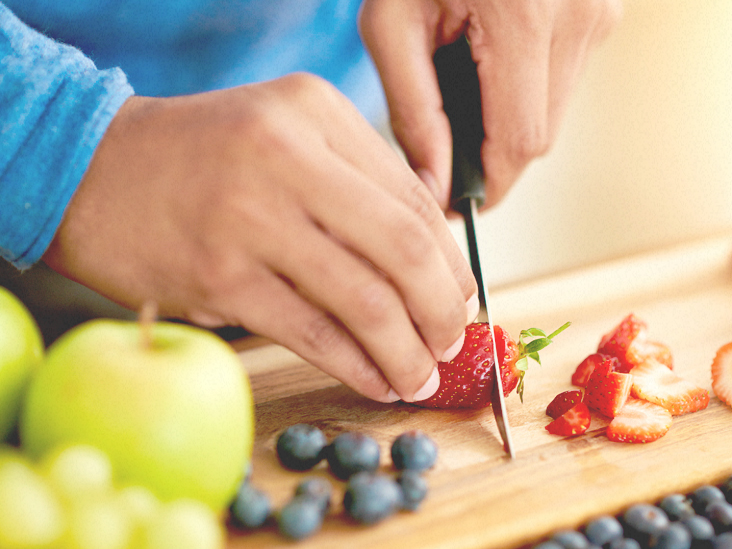
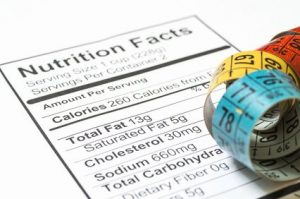
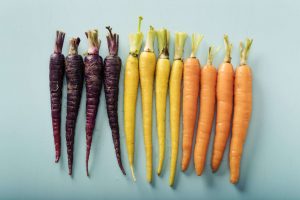
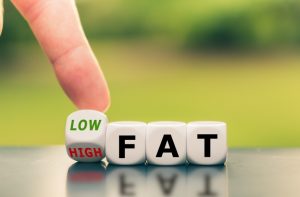
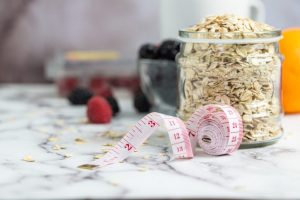
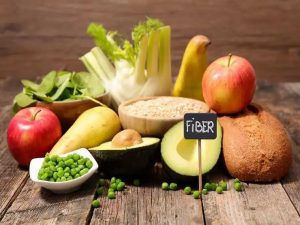



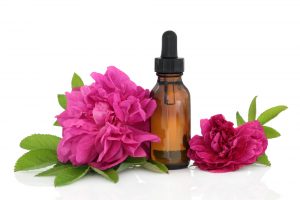

Be First to Comment